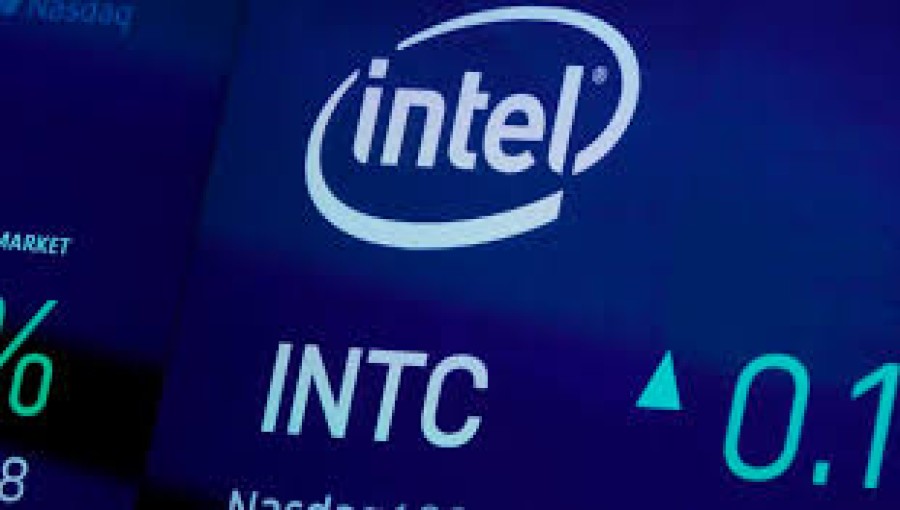Intel's recent announcement of significant job cuts and the suspension of its dividend marks a pivotal moment in its ongoing turnaround strategy. The company plans to cut more than 15% of its workforce, about 17,500 employees, to focus on its manufacturing business, which has been struggling financially. This move comes alongside a forecast for third-quarter revenue below market estimates due to reduced spending on traditional data center semiconductors and a strategic shift towards AI chips, an area where Intel is currently lagging behind competitors like Nvidia and AMD.
The news led to a sharp 20% drop in Intel's shares during extended trading, reflecting investor concerns about the company's ability to navigate these challenges. The job cuts, set to be completed by the end of 2024, are part of a broader plan to reduce operating expenses and capital expenditure by over $10 billion by 2025.
Intel's CEO, Pat Gelsinger, emphasized the need for a more customer-focused workforce and prioritizing the company's balance sheet and debt reduction. Despite these measures, analysts remain cautious about Intel's ability to catch up with industry leaders like Taiwan's TSMC in the highly competitive AI chip market.
The company's recent performance highlights the difficulties it faces, with a notable decline in its data center business and the impact of export license revocations in China. Intel's strategy includes ramping up production of AI chips for PCs, which have shown better-than-expected sales but with higher associated costs.
As Intel continues to implement its turnaround plan, the semiconductor industry will closely watch its progress, especially in the AI sector, where rivals like Nvidia and AMD currently have a strong foothold.































Comment: